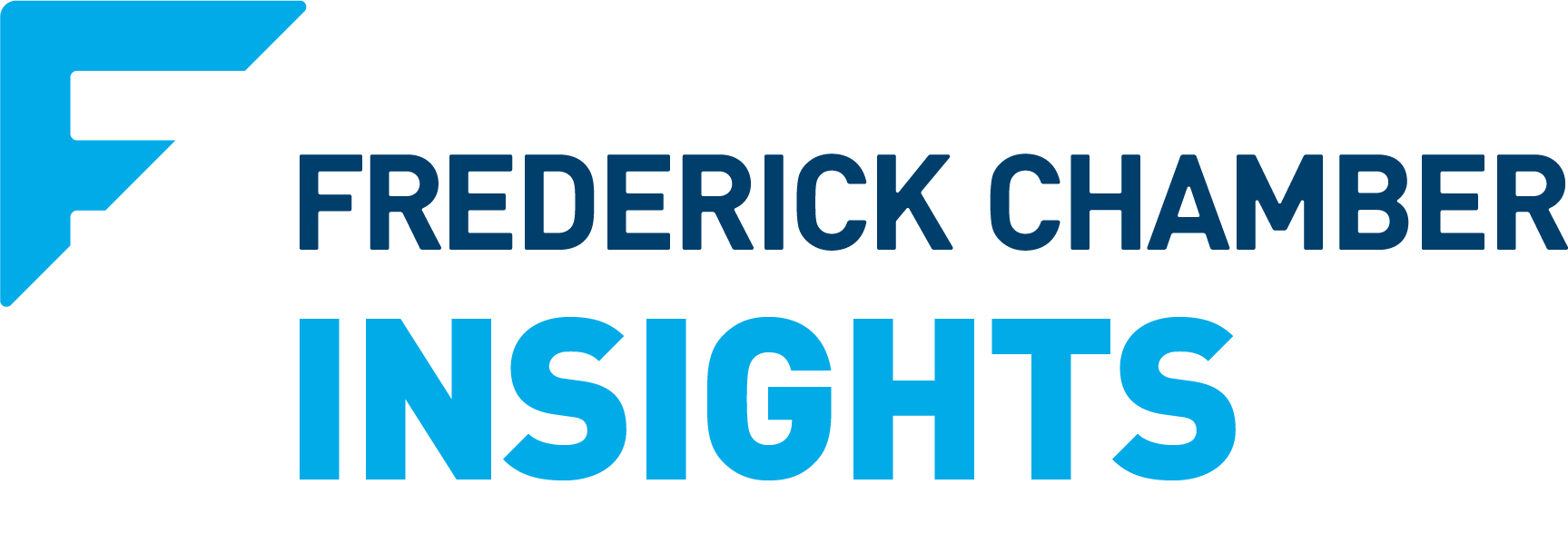 On November 15, 2024, the U.S. District Court for the Eastern District of Texas vacated the U.S. Department of Labor’s (DOL) 2024 Overtime Rule, which had increased the salary threshold for exempt employees under the Fair Labor Standards Act (FLSA). This ruling reverts the salary threshold to its previous level and has significant implications for employers nationwide.
On November 15, 2024, the U.S. District Court for the Eastern District of Texas vacated the U.S. Department of Labor’s (DOL) 2024 Overtime Rule, which had increased the salary threshold for exempt employees under the Fair Labor Standards Act (FLSA). This ruling reverts the salary threshold to its previous level and has significant implications for employers nationwide.
Background
The 2024 Overtime Rule, effective July 1, 2024, raised the salary threshold for exempt employees from $35,568 to $43,888 annually, with a further increase to $58,656 scheduled for January 1, 2025. The rule also included provisions for automatic updates to the salary threshold every three years. Business groups, including the Plano Chamber of Commerce, challenged the rule, arguing that the DOL exceeded its statutory authority by focusing on salary levels rather than job duties to determine exemption status.
Court’s Decision
The court agreed with the plaintiffs, stating that the DOL’s emphasis on salary thresholds over job duties was beyond its authority under the FLSA. Consequently, the court vacated the 2024 Overtime Rule, effectively nullifying the recent changes and reinstating the previous salary threshold of $35,568.
Implications for Employers
With the court’s ruling, employers are no longer required to comply with the increased salary thresholds set by the 2024 Overtime Rule. The salary threshold reverts to $35,568, and the automatic update provisions are nullified. However, employers should remain vigilant, as the DOL may appeal the decision or propose new regulations in the future.
Recommended Actions for Business Owners and Leaders
- Review Compensation Structures: Assess current salary levels for positions classified as exempt under the FLSA. Ensure that employees meet both the duties test and the reinstated salary threshold of $35,568 to maintain their exempt status.
- Review Policies and Procedures: You likely did this before the initial increase in July, but just confirm that policy language is still relevant in light of this decision.
- Monitor Legal Developments: Stay informed about potential appeals or new regulations from the DOL that could affect overtime requirements. Future legal developments may necessitate further adjustments to compensation practices.
- Consult HR Answerbox: Engage with HR Answerbox to navigate the complexities arising from this ruling and to develop strategies tailored to your organization’s specific needs. We have 260+ HR/OD consultants, trainers, coaches and speakers available to assist your organization in crafting a tailored approach and strategy.
 About the Author:
About the Author:
Amanda Haddaway, MA, MJ, SPHR, SHRM-SCP, Managing Director
Amanda Haddaway is an award-winning HR consultant, corporate trainer, and certified executive coach. In her role as managing director of HR Answerbox, she specializes in conducting workplace investigations, solving complex employee relations issues, leading interactive and engaging training sessions, and serving as an advisor to small business owners and leaders.
HR Answerbox
Phone: 240-394-9439
www.hranswerbox.com
Frederick Chamber Insights is a news outlet of the Frederick County Chamber of Commerce. For more information about membership, programs and initiatives, please visit our website.

